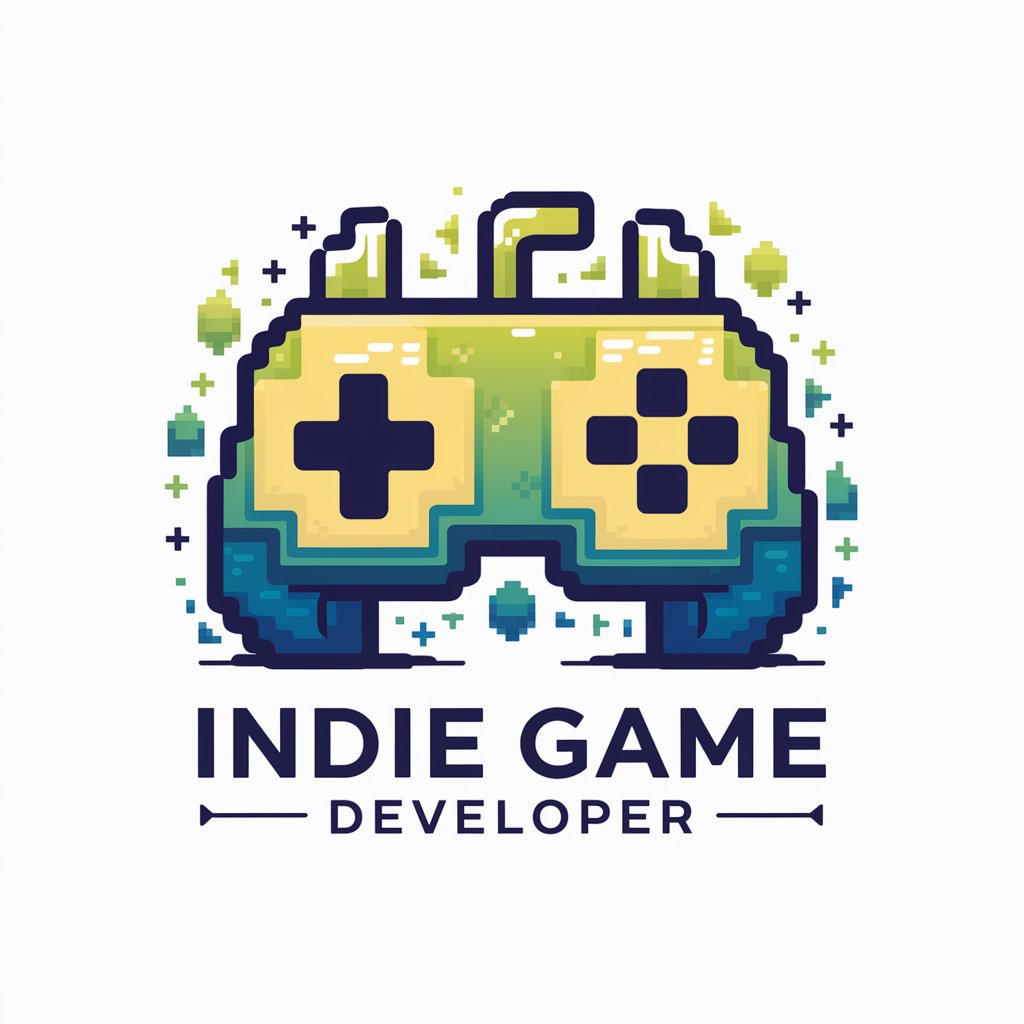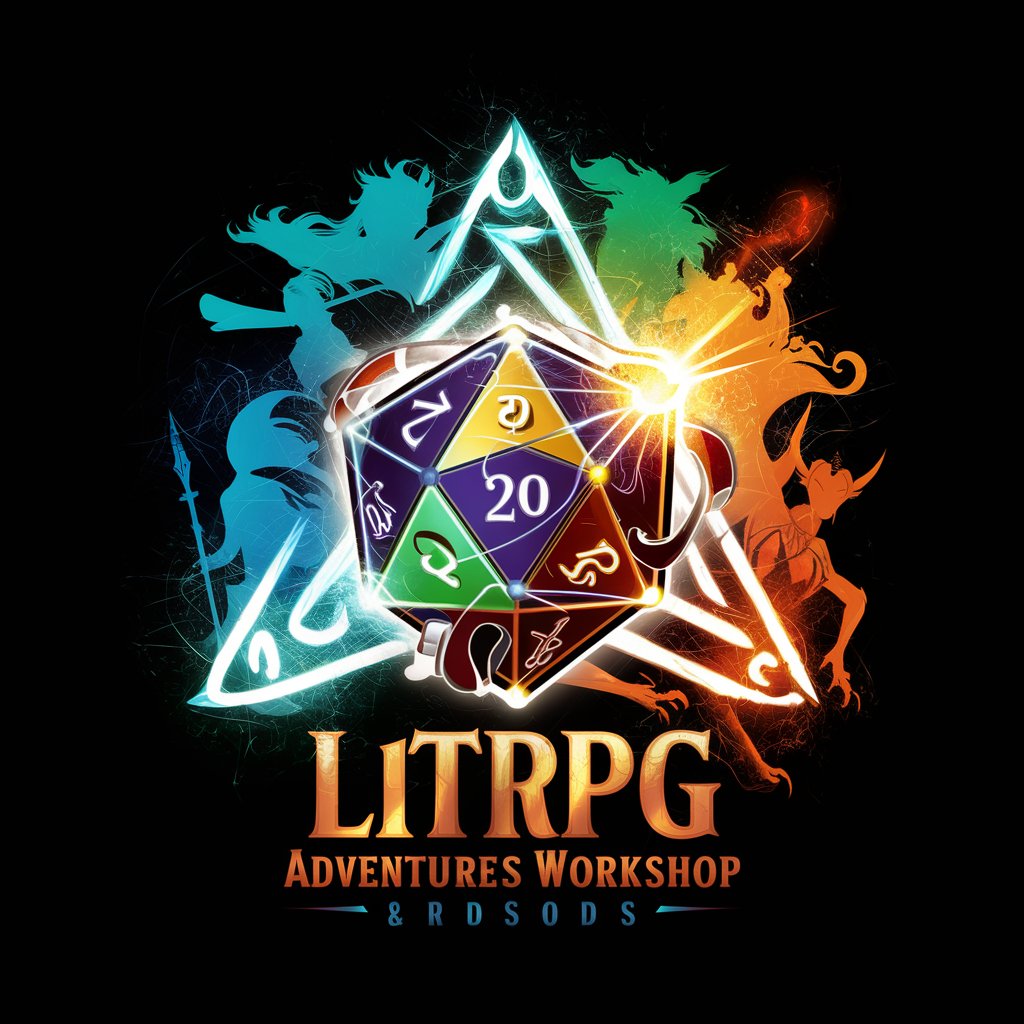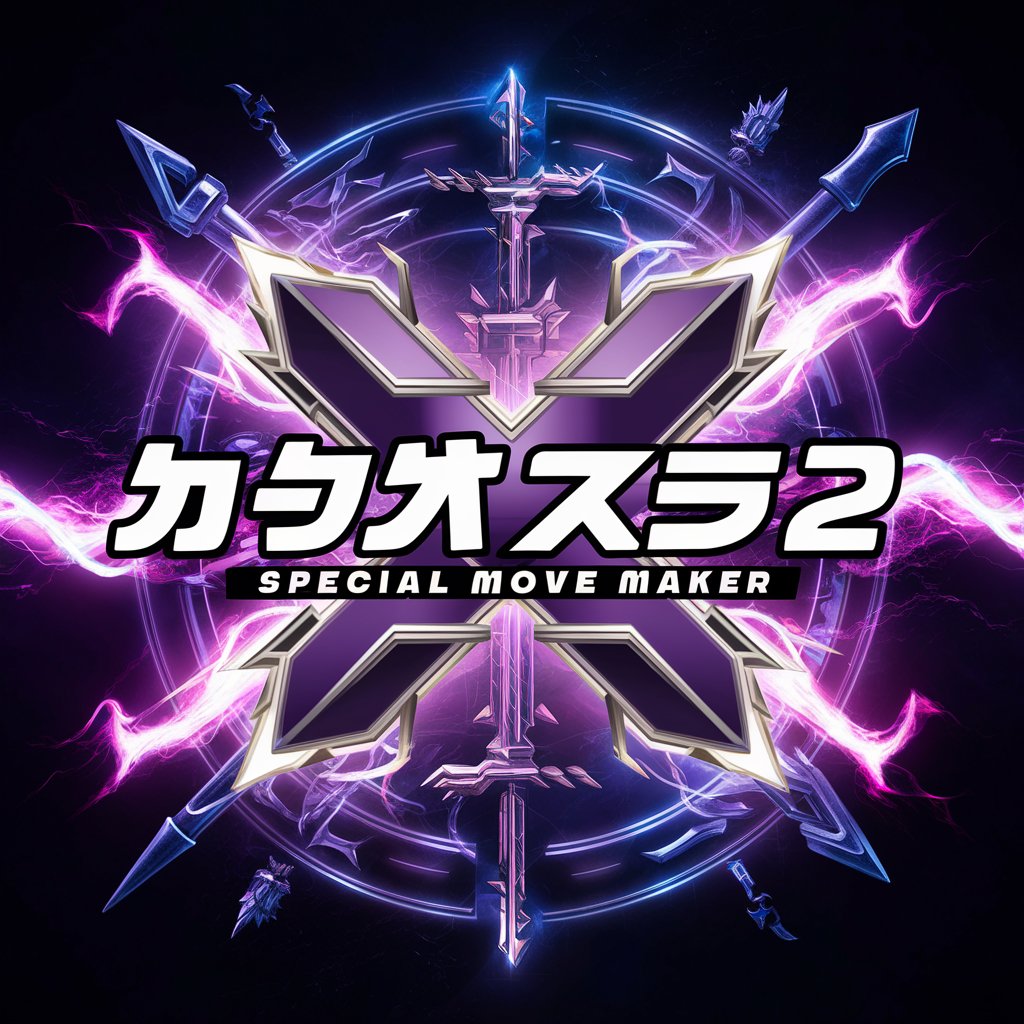4 GPTs for Gameplay Innovation Powered by AI for Free of 2026
AI GPTs for Gameplay Innovation refer to the use of Generative Pre-trained Transformers within the domain of game development and design to foster new forms of gameplay and interactive experiences. These tools leverage advanced machine learning techniques to generate creative content, automate tasks, and provide insights, thereby enabling developers and designers to push the boundaries of traditional gaming. By integrating GPTs, professionals can experiment with novel game mechanics, narrative structures, and dynamic content generation, making games more engaging and personalized for players.
Top 4 GPTs for Gameplay Innovation are: Indie Game Developer,LitRPG Adventures Workshop,必殺技メーカー ver.2 - Special Move Maker,游戏设计策划
Indie Game Developer
Powering Creativity in Game Development

LitRPG Adventures Workshop
Craft Your RPG Adventure with AI

必殺技メーカー ver.2 - Special Move Maker
Unleash Creativity with AI-Generated Special Moves

游戏设计策划
Elevate Your Game Design with AI

Distinctive Capabilities of AI GPTs in Enhancing Gameplay
AI GPTs tools for Gameplay Innovation are characterized by their versatility and adaptability, capable of serving a wide range of functions from generating narrative content to automating gameplay testing. Key features include natural language processing for dynamic dialogue creation, machine learning algorithms for adaptive difficulty adjustments, and predictive modeling to forecast player behavior. These tools also stand out for their ability to learn from vast datasets, enabling them to support game development in any genre and provide technical assistance through code generation and bug fixing.
Who Benefits from Gameplay Innovation via AI GPTs
The primary beneficiaries of AI GPTs for Gameplay Innovation include game developers, narrative designers, and gaming industry professionals looking to innovate. These tools are accessible to novices, offering user-friendly interfaces for those without programming knowledge, while also providing advanced customization options for experienced developers. This broad accessibility ensures that anyone from indie developers to large studios can utilize AI GPTs to enhance game design and player engagement.
Try Our other AI GPTs tools for Free
Mobile App UI
Discover AI GPTs for Mobile App UI, innovative tools designed to transform app development with intelligent design automation, intuitive interfaces, and adaptive features for developers and non-coders alike.
Marketing Material
Discover how AI GPTs for Marketing Material revolutionize content creation and strategy, automating and personalizing your marketing efforts for maximum impact.
Revision Assistant
Discover how AI GPTs for Revision Assistant can elevate your writing with advanced editing, real-time suggestions, and tailored assistance for all types of content.
Learning C++
Discover how AI GPTs for Learning C++ revolutionize the way we understand and apply this programming language, offering tailored learning experiences and interactive tools for all proficiency levels.
Low-Level Programming
Discover how AI GPTs for Low-Level Programming transform system software development, offering automation, efficiency, and customization for developers and enthusiasts alike.
Multi-Language Support
Discover the power of AI GPTs for Multi-Language Support: advanced tools designed for seamless multilingual communication, content creation, and language learning.
Expanding Horizons with AI GPTs in Game Development
AI GPTs function as versatile tools in the gaming industry, offering solutions that range from content generation to gameplay analysis. They enable a more intuitive design process, foster creativity, and can be integrated seamlessly into existing development workflows. User-friendly interfaces make these tools accessible, while their adaptability ensures they can meet the demands of diverse gaming projects, from indie titles to AAA games.
Frequently Asked Questions
What exactly are AI GPTs for Gameplay Innovation?
AI GPTs for Gameplay Innovation are advanced AI tools designed to assist in the creation and enhancement of game designs, narratives, and mechanics through the use of generative pre-trained transformers technology.
How can AI GPTs enhance game development?
They can generate creative content, automate testing, personalize gameplay experiences, and provide insights into player behavior, among other applications.
Do I need programming skills to use these tools?
No, many AI GPTs tools are designed to be accessible without requiring programming knowledge, though programming skills can unlock additional customization.
Can these tools generate game code?
Yes, some AI GPTs are capable of generating code snippets and assisting with bug fixes, streamlining the development process.
Are AI GPTs suitable for all types of games?
Yes, their learning capabilities and adaptability make them suitable for any genre, from action games to complex strategy games.
How do AI GPTs understand and predict player behavior?
They use machine learning algorithms and data analysis to analyze player data and predict behaviors, helping developers optimize the gaming experience.
Can AI GPTs tools create entire games on their own?
While they can assist in many aspects of game development, human creativity and decision-making are essential for the final game design and development process.
What is the future of AI GPTs in game development?
AI GPTs are expected to play a significant role in the future of game development, driving innovation in game design, enhancing player personalization, and streamlining development processes.